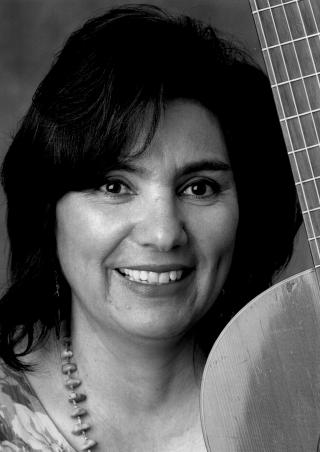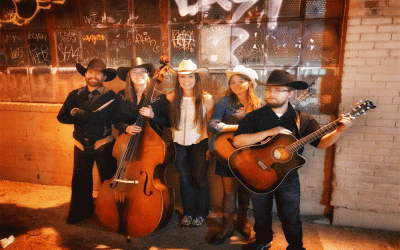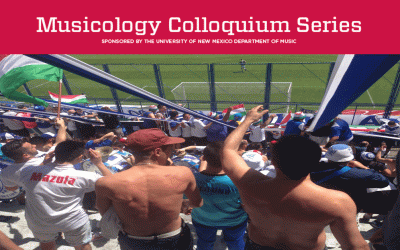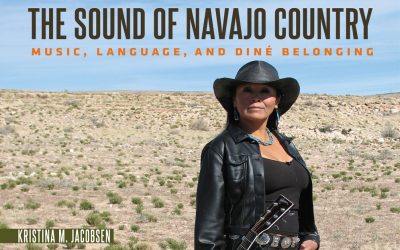Ethnomusicologist Brenda Romero to visit UNM
October 22, 2015 • 2:00-3:30 PM • Keller Hall
Inditas reflect the coming together and coexistence of First Nations and Spanish peoples in the northernmost part of New Spain, and refer to Pueblo, Navajo, Apache, and Comanche, Spanish, and Mexican peoples, but mostly are the products of mestizos (Indo-Hispano, Chicano). The songs are an indirect history of encounter in New Mexico over time. New Mexican ethnomusicologist Dr. Brenda M. Romero will sing and discuss a selection of Inditas and will project song translations for non-Spanish speakers.

Brenda M. Romero is an Associate Professor and Coordinator of Ethnomusicology at the University of Colorado in Boulder. She has worked extensively on the pantomimed Matachines music and dance and other New Mexican folk music genres that reflect both Spanish and Indian origins. Since 1998 she has extended her fieldwork and research on Matachines to Mexico and in January 2007 to Colombia, and has published various related articles. She is co-editor with Olga Nájera-Ramírez and Norma Cantú of Dancing across Borders: Danzas y Bailes Mexicanos (University of Illinois Press, forthcoming). In 2000 she was awarded a Brenda M. Romero Fulbright Research Scholarship to conduct field research on the Matachines music and dance in Mexico. She received the 2005 Society for American Music’s “Sight and Sound” award, a subvention toward the production of her 2008 CD, Canciones de mis patrias: Songs of My Homelands, Early New Mexican Folk Songs. In recognition of her work to promote diversity at CU, she was awarded the President’s 2007 Faculty Award for Diversity.
UNM Music Students and Community Members to Perform on KUNM 89.9 on 5/11 @7 pm
The UNM Honky Tonk Ensemble, an ensemble that teaches students how to play in a band and that emphasizes the style of classic country music from the ’50s, ’60s and ’70s, to come into KUNM’s Studio A to do a studio session of songs they’ve performed over the course of the semester
Embodying Fandom: Chanting in Twentieth-Century Argentine Soccer
Argentine soccer fandom involves a nuanced set of bodily practices and a vast repertoire of chants based on radio hits and broadcast advertisement. This talk demonstrates how chanting brings together sounds and bodies in an affective public practice that incites intense feelings of social cohesion and belonging meaningful beyond what is being said with words.
Dr. Kristina Jacobsen is awarded the 2018 Woody Guthrie Book Award
Dr. Kristina Jacobsen, Assistant Professor of Ethnomusicology in the UNM Department of Music, is awarded the 2018 Woody Guthrie Book Award for the most outstanding book in popular music by the International Association for the Study of Popular Music (IASPM-U.S.).



